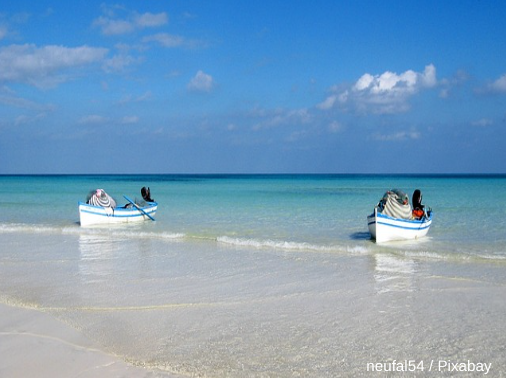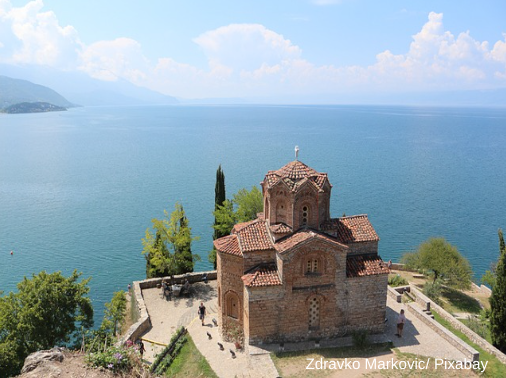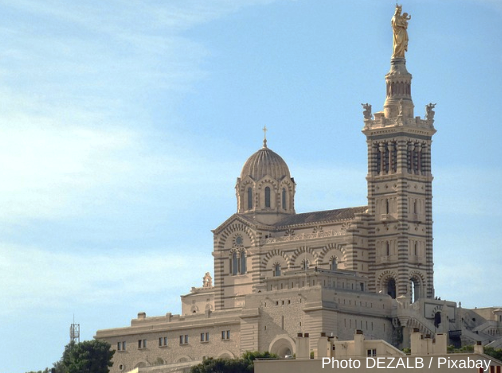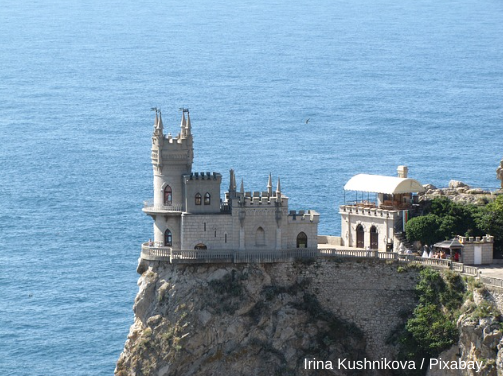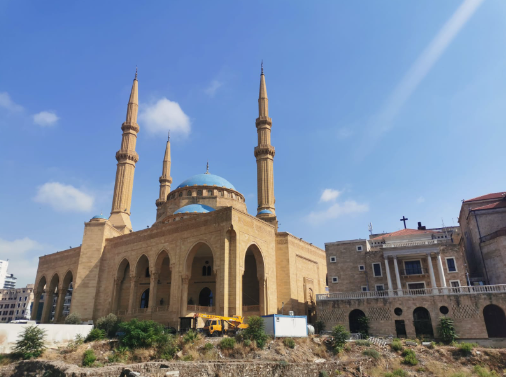The 5 shores
Astonishing alliance between sea and land, the Mediterranean is too narrow to separate, too wide to confuse. It weaves, through the travelers who cross it or circumvent it, the cradle of a civilization of speech and writing, of encounter and confrontation. Less a sea than shores, it is “a world in pieces whose shards shine like so many sparkles of a past blaze” (1).
To the cities founded on its shores, it makes its call heard: “Let us go to the other shore! », what Odysseus and Aeneas did, but also Jonah and Paul, without omitting Francis, Ignatius and so many others. From North to South, from East to West, depending on the winds and currents of the moment, the ships criss-cross it, carrying the wealth of each other, mixing flavors and languages.
Alongside sailors, traders and diplomats, the Mediterranean area was traveled by pilgrims and scholars, in search of shared holy places, curious about antiquities and memorable customs. Over time, the Mediterranean acquired this privileged status as a learning route, as if one had to seek the roots of one’s own civilization elsewhere in the Mediterranean.
« The pond of yesteryear is no longer the center of decisions in today’s world but, through its word very early understood in works that have proven to be lasting, it is one of those great signifiers that allow true thought, that who does not give up trying to get rid of myths.” (2)
(1) E. Errera, “The poets of the Mediterranean. Anthology », Gallimard, 2013, p. 21.
(2) Y. Bonnefoy, “The poets of the Mediterranean. Anthology », Gallimard, 2013, p. 15.

